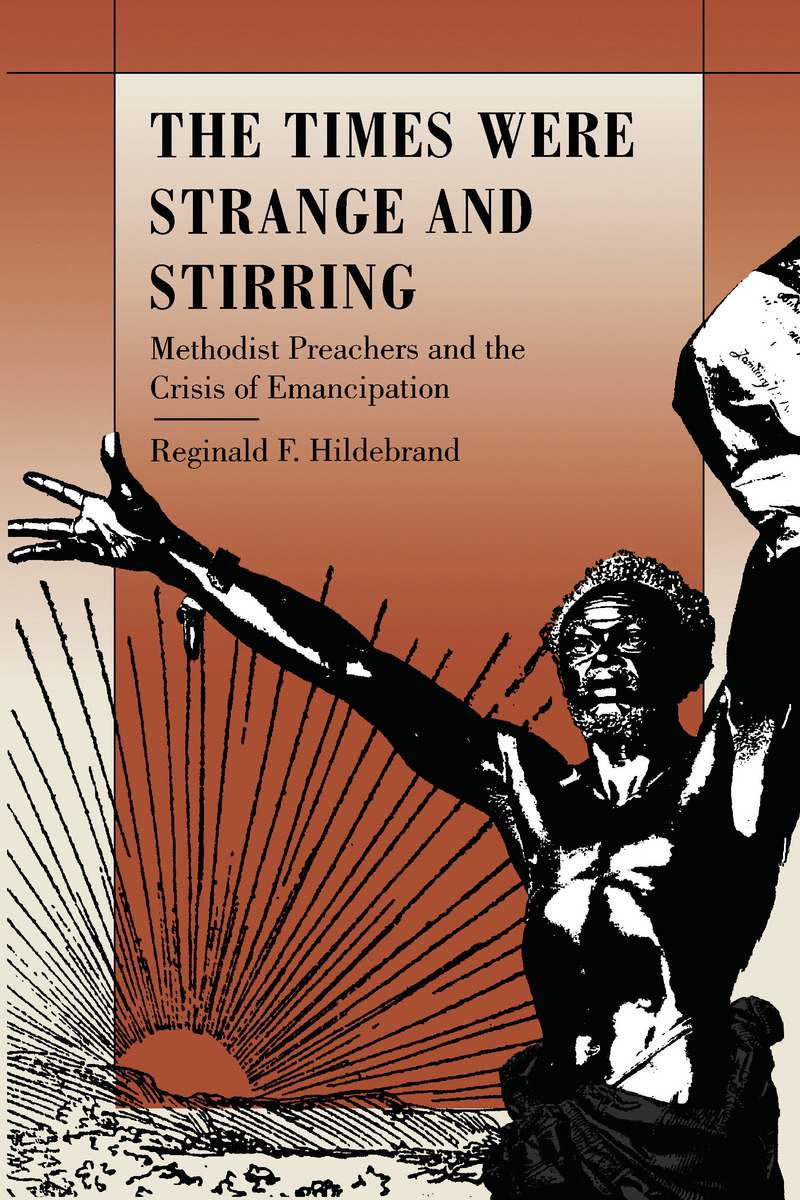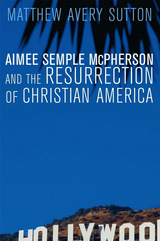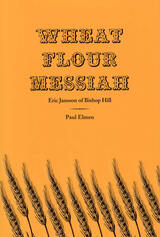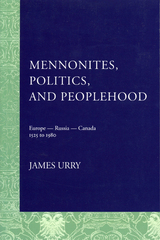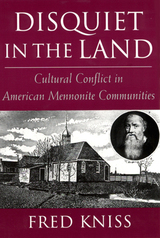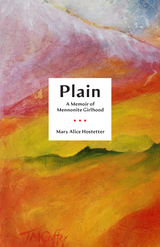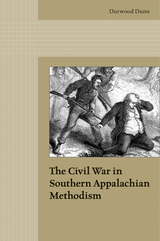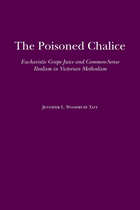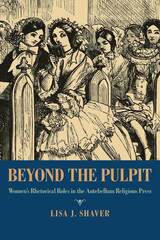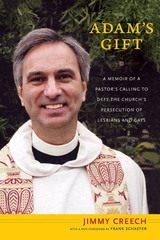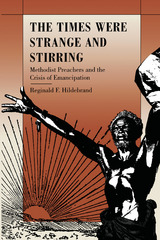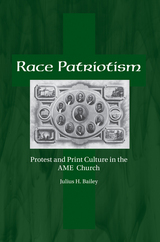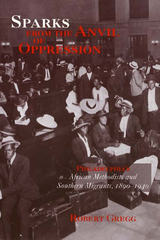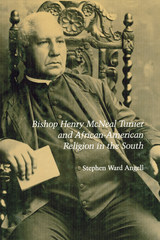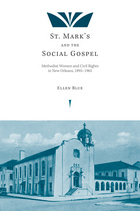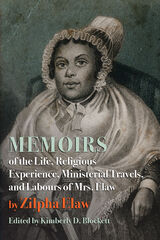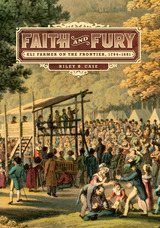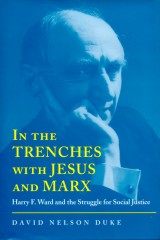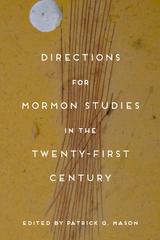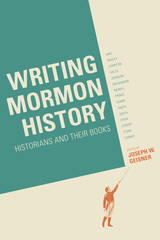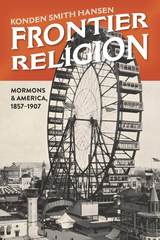The Times Were Strange and Stirring: Methodist Preachers and the Crisis of Emancipation
Duke University Press, 1995
Cloth: 978-0-8223-1627-5 | eISBN: 978-0-8223-8193-8 | Paper: 978-0-8223-1639-8
Library of Congress Classification BX8435.H55 1995
Dewey Decimal Classification 287.87509034
Cloth: 978-0-8223-1627-5 | eISBN: 978-0-8223-8193-8 | Paper: 978-0-8223-1639-8
Library of Congress Classification BX8435.H55 1995
Dewey Decimal Classification 287.87509034
ABOUT THIS BOOK | AUTHOR BIOGRAPHY | REVIEWS | TOC | REQUEST ACCESSIBLE FILE
ABOUT THIS BOOK
With the conclusion of the Civil War, the beginnings of Reconstruction, and the realities of emancipation, former slaves were confronted with the possibility of freedom and, with it, a new way of life. In The Times Were Strange and Stirring, Reginald F. Hildebrand examines the role of the Methodist Church in the process of emancipation—and in shaping a new world at a unique moment in American, African American, and Methodist history.
Hildebrand explores the ideas and ideals of missionaries from several branches of Methodism—the African Methodist Episcopal Church, the Colored Methodist Episcopal Church, and the northern-based Methodist Episcopal Church—and the significant and highly charged battle waged between them over the challenge and meaning of freedom. He traces the various strategies and goals pursued by these competing visions and develops a typology of some of the ways in which emancipation was approached and understood.
Focusing on individual church leaders such as Lucius H. Holsey, Richard Harvey Cain, and Gilbert Haven, and with the benefit of extensive research in church archives and newspapers, Hildebrand tells the dramatic and sometimes moving story of how missionaries labored to organize their denominations in the black South, and of how they were overwhelmed at times by the struggles of freedom.
Hildebrand explores the ideas and ideals of missionaries from several branches of Methodism—the African Methodist Episcopal Church, the Colored Methodist Episcopal Church, and the northern-based Methodist Episcopal Church—and the significant and highly charged battle waged between them over the challenge and meaning of freedom. He traces the various strategies and goals pursued by these competing visions and develops a typology of some of the ways in which emancipation was approached and understood.
Focusing on individual church leaders such as Lucius H. Holsey, Richard Harvey Cain, and Gilbert Haven, and with the benefit of extensive research in church archives and newspapers, Hildebrand tells the dramatic and sometimes moving story of how missionaries labored to organize their denominations in the black South, and of how they were overwhelmed at times by the struggles of freedom.
See other books on: African American Methodists | Crisis | Emancipation | Methodist | Methodist Church
See other titles from Duke University Press
